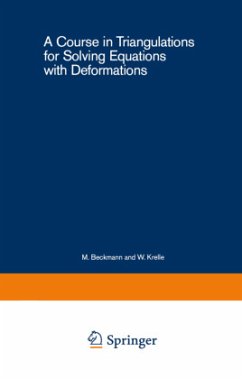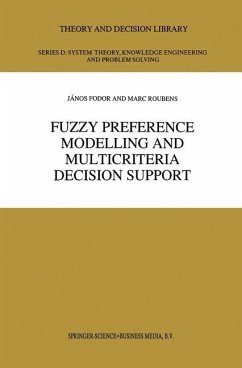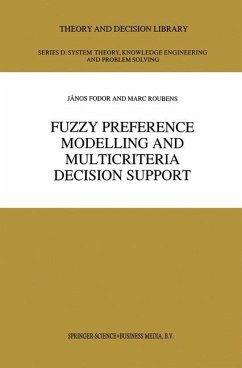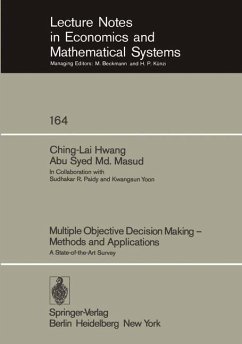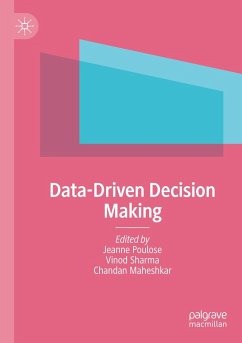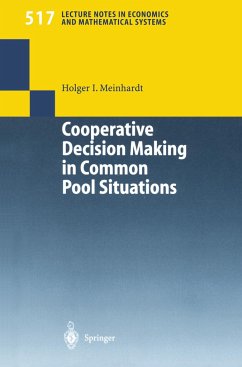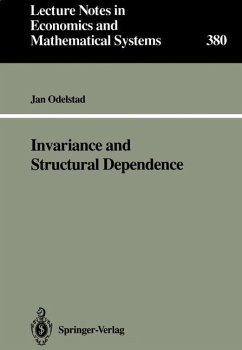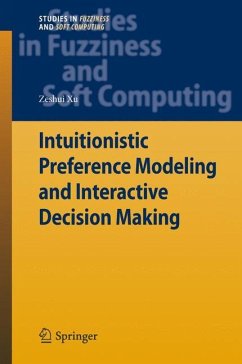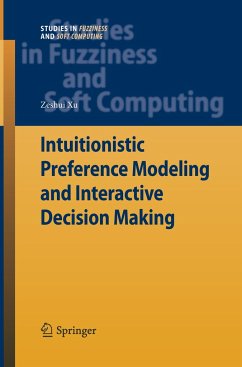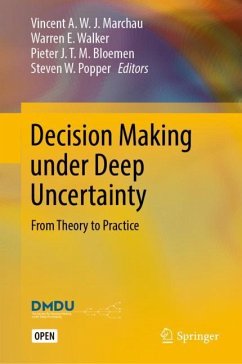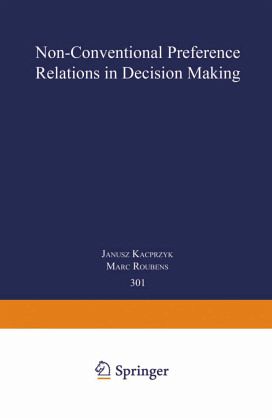
Non-Conventional Preference Relations in Decision Making

PAYBACK Punkte
20 °P sammeln!
The important issue of how to overcome rigidness, inadequacy and human inconsistency regarding conventional assumptions on preferences in decision making (for example, regarding yes/no crispness or transitivity) is discussed by well-known experts in this volume. In the introductory articles, analyses of those conventional assumptions are given and the need for reconsiderations and changes as to preference-related aspects is advocated. The following contributions are mainly concerned with issues related to valued (including fuzzy) preference relations, such as analysis of their properties and their use in various decision making and choice problems and in group decision making.
Bernard ROY Professor, University of Paris-Dauphine Director of LAMSADE 11 is not unusual for a dozen or so loosely related working papers to be published in book form as the natural outgrowth of a scientific gathering. Although many a volu me of collected papers has come into point in this way, the homogeneity of the arti cles included will often be more apparent than real. As the reader will quickly ob serve, such is not the case with the present volume. As one can judge from its ti tle, 1t is in fact an outcome of an ed~torial project by J. Kacprzyk and M. Roubens. T~ey asked contributing authors to submit recent works which would examine. within a non-traditional theoretical framework, preference analysis and preference modeliing 1n a fuzzy context oriented towards decision aid. The articles by J.P. Ooignon, B. Monjardet, T. Tanino and Ph. Vincke empnasize the analysis of oreference structures, mainly in the presence of incomparability. In transitivlty, thresholds and, more generally, inaccurate determination. Considera ble attention is devoted to the analysis of efficient and non-dominated (in Pareto's sense of the term) decisions in the four papers presented by S. Ovchinnikov and M.



